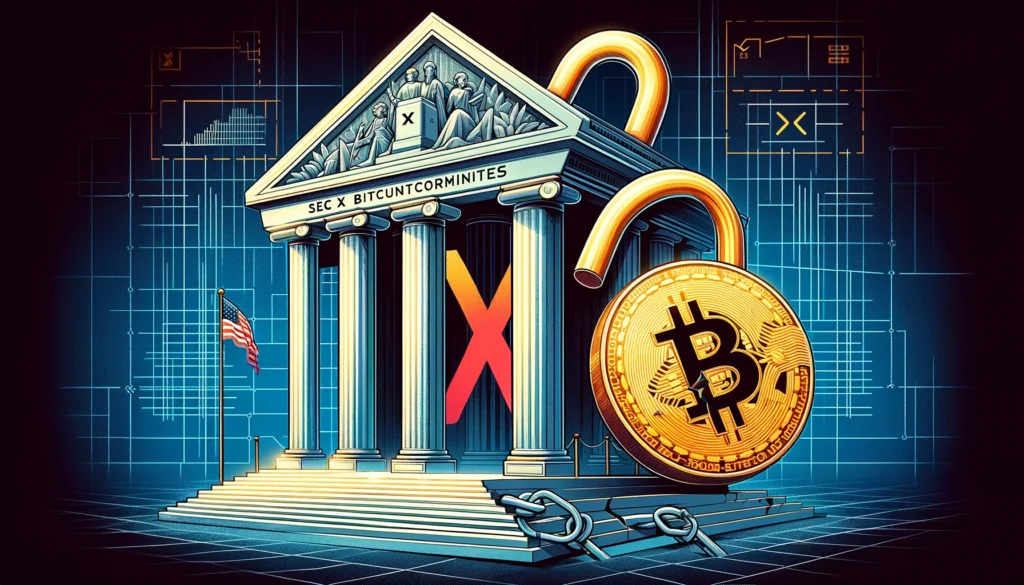In recent events, the United States Securities and Exchange Commission (SEC) found itself at the center of controversy due to a security breach on its official social media account. The incident involving an unauthorized post falsely announcing the approval of a Bitcoin ETF has raised significant concerns about cybersecurity within the regulatory body.
Security Oversight Exposed
The security lapse was a result of the SEC’s failure to implement two-factor authentication (2FA) on its account, a basic but crucial measure in safeguarding digital platforms. This oversight allowed hackers to execute a SIM swap attack, gaining control over the account and disseminating misleading information.
Market Impact and Legal Scrutiny
The unauthorized post briefly influenced the cryptocurrency market, causing a temporary surge in Bitcoin’s price. This market manipulation, albeit short-lived, has drawn attention from legal and financial experts, sparking debates over the SEC’s internal security measures and their potential implications on market stability.
Political and Legal Reactions
Politicians and legal figures have called for a thorough investigation into the SEC’s cybersecurity practices in response to this incident. The breach challenges the credibility of the SEC and highlights the vulnerability of financial markets to such digital threats.
Future Implications
As the SEC grapples with this incident, it underscores the urgent need for robust cybersecurity measures, especially in institutions that hold sway over financial markets. This event serves as a wake-up call for regulatory bodies to fortify their digital defenses, ensuring the integrity and stability of the financial sector.
In conclusion, the SEC’s recent security mishap has set off alarm bells, emphasizing the critical role of cybersecurity in today’s digital age. As the commission works to regain public trust, the incident remains a stark reminder of the ever-present digital threats facing our financial systems.

